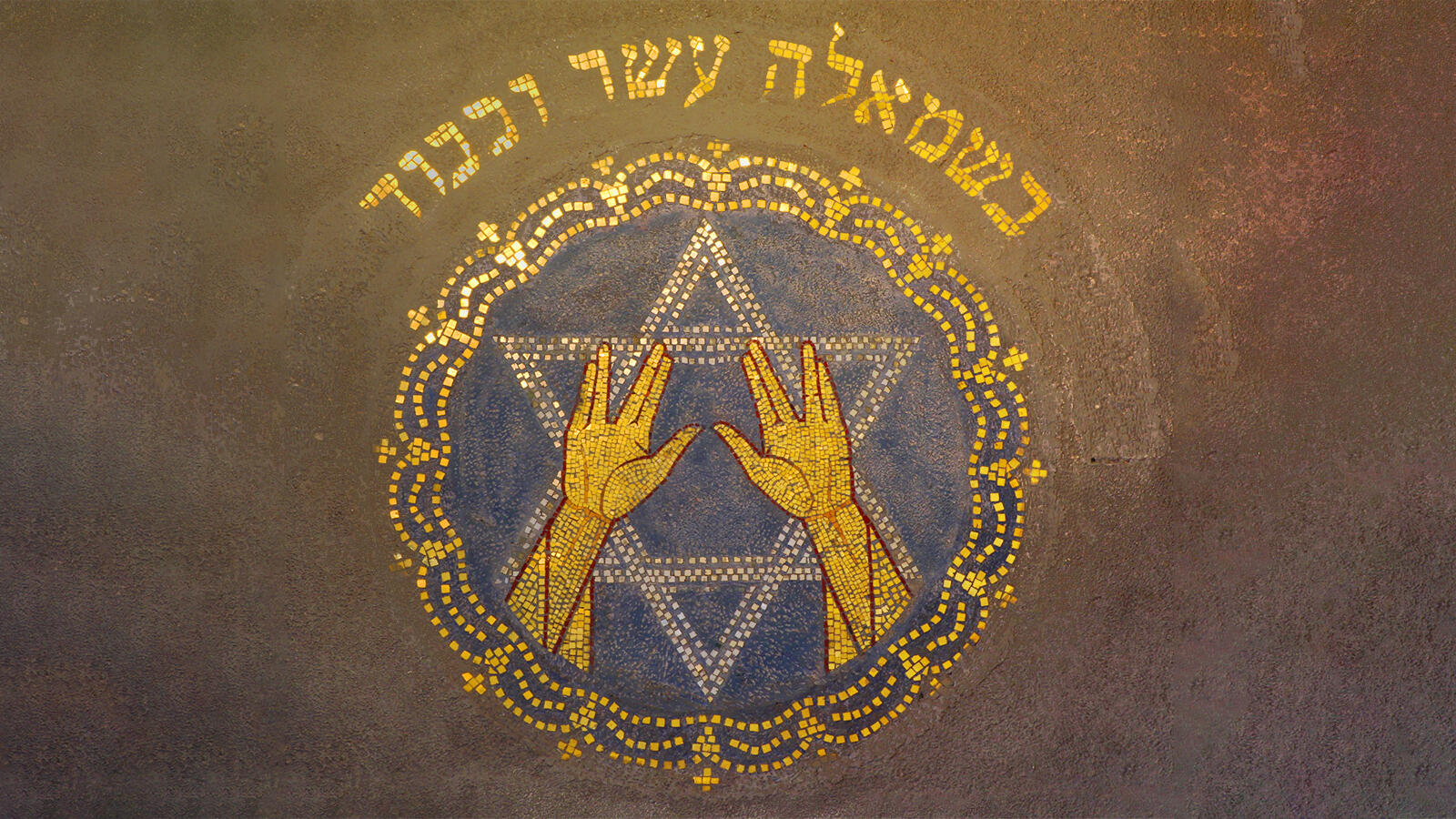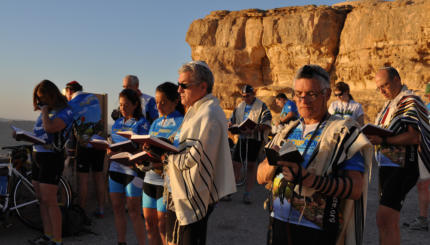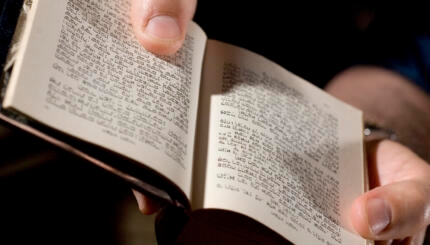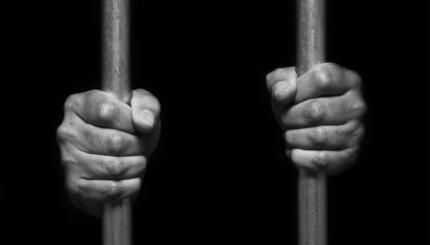The Priestly Blessing (Birkat Kohahim in Hebrew), sometimes also called the threefold blessing, is an ancient benediction recited by the priests (kohanim) in the holy temple in Jerusalem. Today, it is recited in synagogues most commonly during the Musaf prayer, the additional holiday service recited after the Torah reading.
The text of the blessing comes directly from the Bible, Numbers 6:24-26:
The LORD bless you and protect you!
The LORD deal kindly and graciously with you!
The LORD bestow His favor upon you and grant you peace!
In ancient times, the priests recited the blessing twice each day while standing on a special platform known as a duchan. In some synagogues today, the recitation of the blessing is informally known as “duchaning.”
The blessing today is traditionally recited in synagogues by the kohanim, the descendants of Moses’ brother Aaron who served as priests in the temple. The common procedure is for the Levites, the descendants of the tribe of Levi who served as assistants in the temple, to wash the hands of the kohanim, who then remove their shoes and stand before the ark.
With your help, My Jewish Learning can provide endless opportunities for learning, connection and discovery.
At the appropriate point in the service, the prayer leader will call out “kohanim.” The kohanim then cover their heads with their prayer shawls, arrange their fingers in a pattern made famous as a Vulcan greeting by the Jewish actor Leonard Nimoy in “Star Trek,” and recite an introductory blessing. The leader then calls out each word of the blessing one by one and the kohanim repeat it.
Traditional practice is not to look at the kohanim while they are reciting the blessing. To ensure this is followed, some have the custom of covering their heads or faces with a prayer shawl, and sometimes even turning their backs on the kohanim.
Outside Israel, the blessing is typically performed only on major holidays. In some communities, there is a custom not to do so when the holiday coincides with Shabbat. In Jerusalem, the ritual is conducted during services every morning. Elsewhere in Israel, practices vary, with some doing it daily and some only on Shabbat. The ritual is generally only performed in the presence of a prayer quorum, or minyan.
In many Reform and Conservative synagogues, the ritual has been dispensed with altogether.



